Think the Maine Jewish Film Festival sounds niche?
Consider that thousands of tickets were sold for 22 films, plus shorts, in eight venues – from Portland to Brunswick, Augusta, Waterville and Rockland. It all started March 22 and finished last Sunday at the Bangor Opera House.
“We want the festival to be inclusive,” said Larry Vine of Garrand, the marketing firm that produced the film fest’s ad campaign pro bono, at the opening night reception at Akari in Portland.
Inspired by an old advertising campaign for Levy’s rye bread, the ads for the 17th annual festival drove home the idea “You don’t have to be Jewish to love these films.” The festival’s first-ever trailer plays on this idea with charm and suspense (check it out at www.mjff.org).
Jenny Anastasoff of Portland was recruited for the ad campaign because of her long dark braids. For someone involved with filmmaking, the pay she received – free film tickets – was right.
“They needed somebody who looked Jewish,” said Sam Cohen of Portland, who portrays the Hasidic Jew in the print ad. “Part of the bonus of doing this was the all-access ticket.”
Though you don’t have to be Jewish to enjoy the festival, it certainly does help to appreciate independent films that explore the Jewish experience through a variety of genres, including drama, comedy, documentary and short films.
“I see the best movies of the whole year,” said David Soley of Freeport. “They’re not always the best, but the best ones are awesome, and there’s nowhere else to see them.”
“People like seeing films from all over the world,” said MJFF board member Gillian Britt. “Movies are universal, and you’re sharing an experience.”
“This is the first year I bought a pass so that I can go to all the movies,” said Jody Sleeper of Portland. “I work second shift at L.L. Bean, so I had to take most of the week off.”
Tara Turcotte of Wells said she tries to get to a few films during each festival. “When they used to have films during the day, I would take really long lunch breaks,” she laughed.
“I give my week,” said Meri Lowry of Portland, explaining that she took time off from work to use an all-festival pass and take in as many films as she can. “I’m in an interfaith marriage. And we decided before our children were born that we would raise them Jewish. It was nice to have the festival as part of their Jewish upbringing.”
MJFF began modestly in 1998 in South Portland at Congregation Bet Ha’am with six videos shown on a TV over a weekend. Organizers applied for grants, and within three years MJFF was a separate entity.
It has always been more of a cultural event than a faith-based one, according to founder and vice president of the board David Connerty-Marin. Today Portland is the smallest city in the nation to boast an independent, professional Jewish film festival.
“Just in Portland, we’ll see at least a couple thousand people throughout the week,” said Louise Rosen, executive and artistic director of the MJFF. “And when we start going to these other locations, we’re expecting quite a bump for Maine.”
The Frontier theater in Brunswick sold out in advance for its opening night screening of “The Jewish Cardinal,” which also was shown in Waterville, Rockland and Portland, where there was a Q&A session with Catholic clergy.
The second opening night feature film was “Awake Zion,” a music documentary exploring the connections between Rasta, reggae and Judaism through Monica Haim’s travels between Brooklyn, Jamaica and Israel.
“This is exciting and humbling, because I’m sort of a rookie filmmaker,” said Haim, who first conceived of the film a decade ago. “This was a project that I started in graduate school, and I never thought it would go past my advisory committee. But they said it was the start of something. I would work on it, and I would run out of money, and I would have to switch to fundraising. It was a bumpy experience, but totally worthwhile. Here we are many, many years later, and it’s a feature film.”
There was an “Awake Zion” after-party at the appropriately Caribbean-flavored restaurant Federal Spice in Portland after the screening at the Nickelodeon.
The second day of the festival included the award-winning film “Edie and Thea: A Very Long Engagement,” about a lesbian couple who became engaged in 1960 and fought for the right to marry for 42 years.
“This case changed gay marriage all over the world, especially in the United States,” said filmmaker Greta Olafsdottir. “Edie and Thea” has received 26 awards at film festivals around the world.
She said the experience of showing her film at festivals doesn’t get old.
“You meet your audience, and you do Q&A,” she said. “It’s incredibly important.”
Amy Paradysz is a freelance writer based in Scarborough. She can be reached at:
amyedits@aol.com
Send questions/comments to the editors.

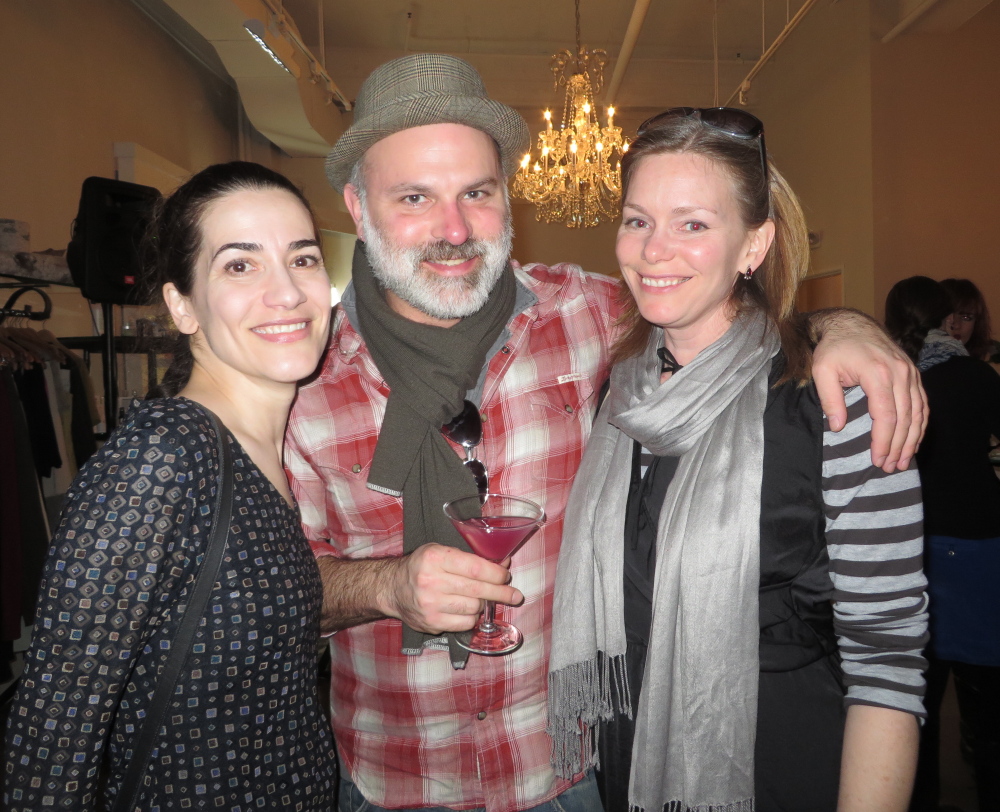
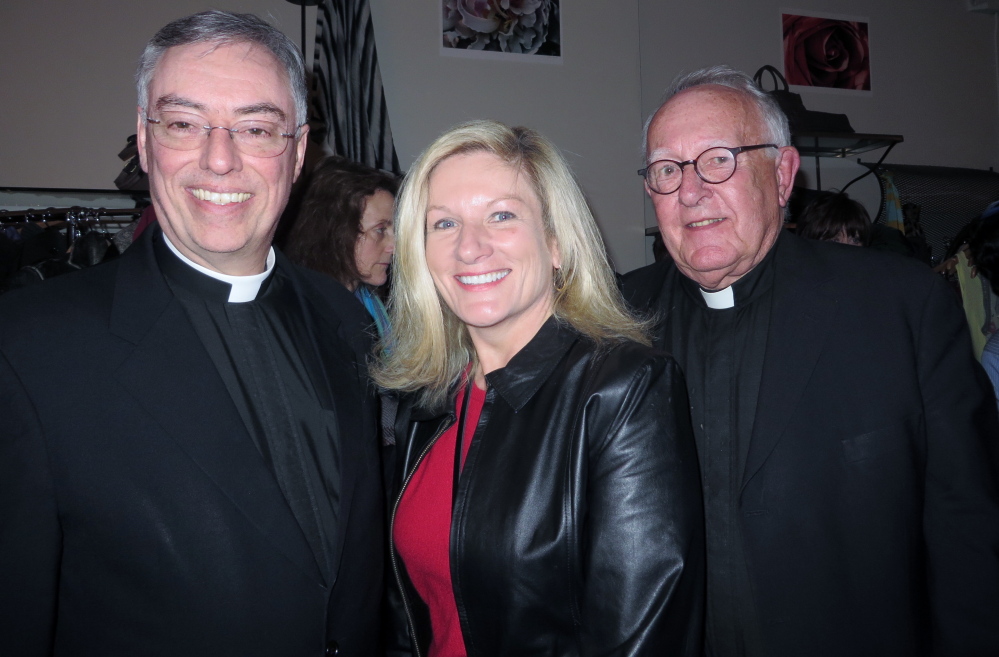
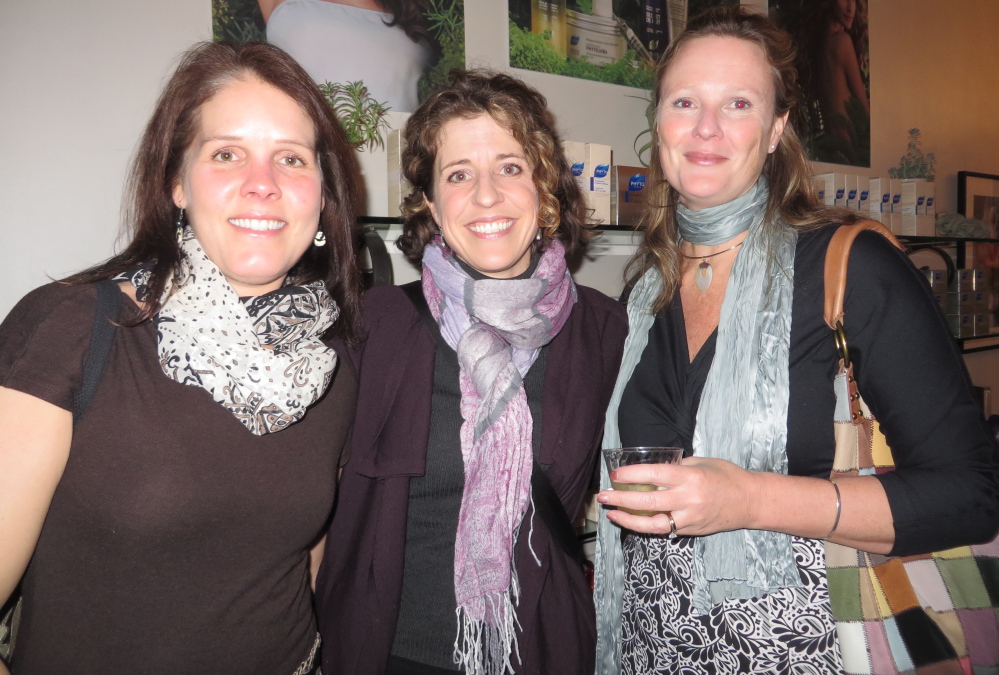
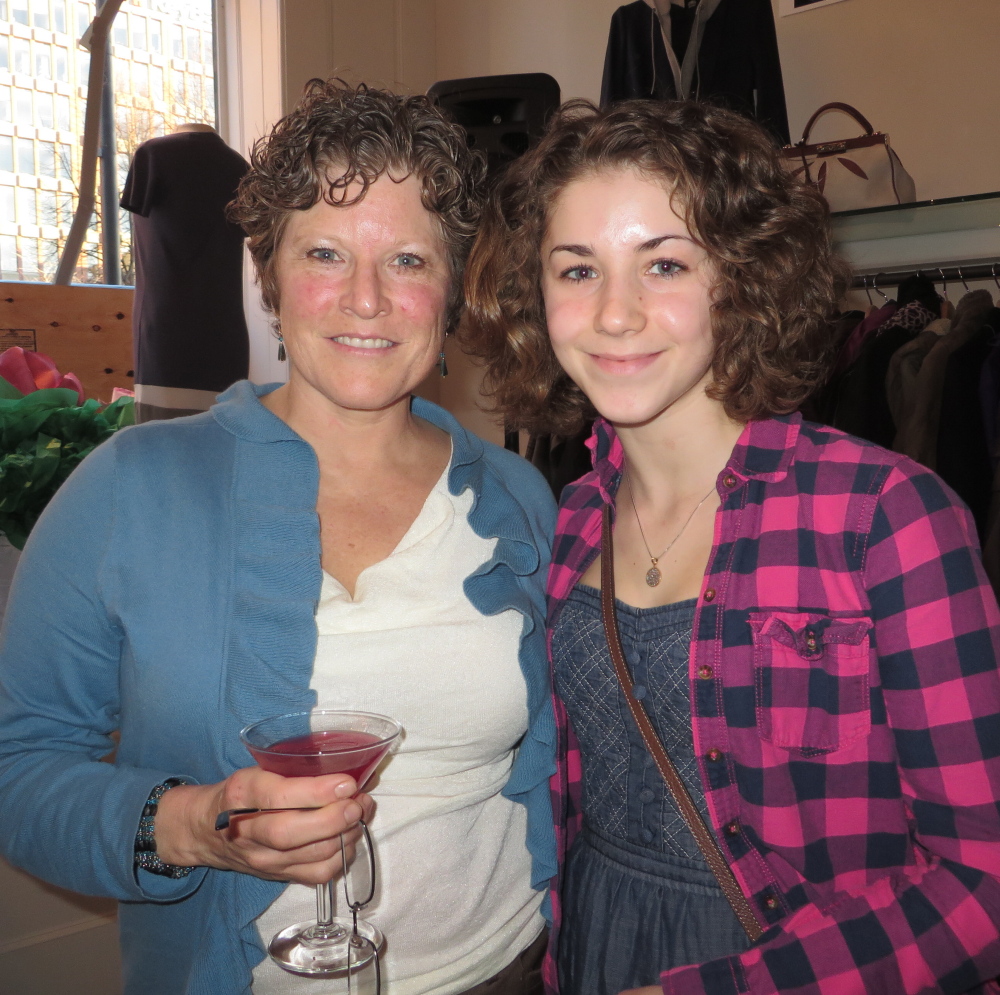
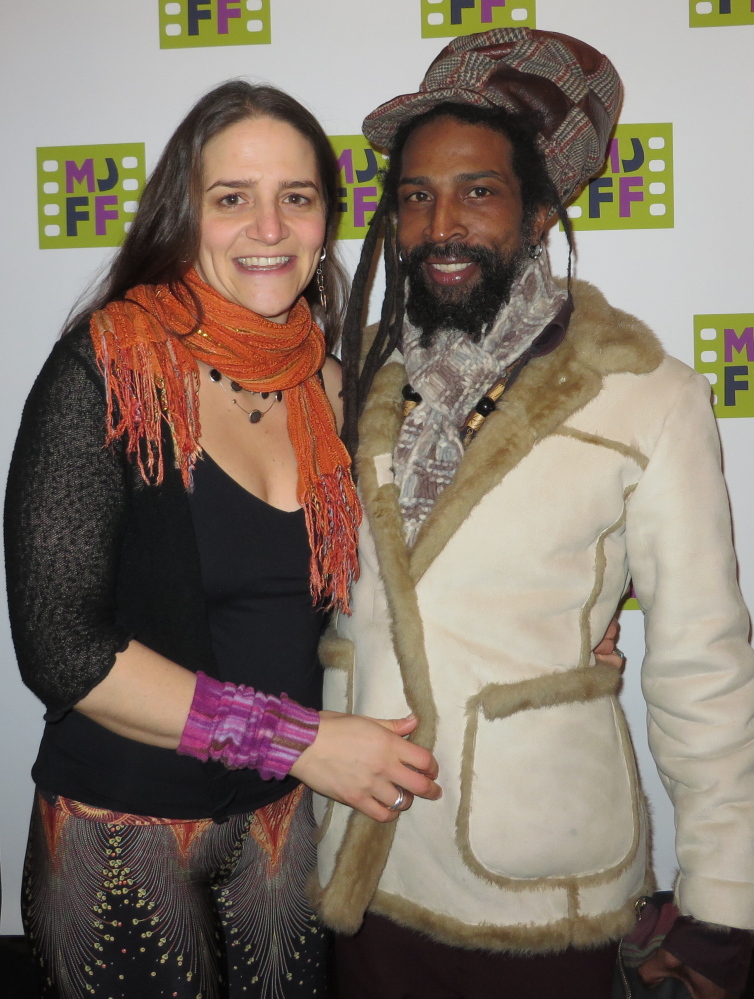

Success. Please wait for the page to reload. If the page does not reload within 5 seconds, please refresh the page.
Enter your email and password to access comments.
Hi, to comment on stories you must . This profile is in addition to your subscription and website login.
Already have a commenting profile? .
Invalid username/password.
Please check your email to confirm and complete your registration.
Only subscribers are eligible to post comments. Please subscribe or login first for digital access. Here’s why.
Use the form below to reset your password. When you've submitted your account email, we will send an email with a reset code.